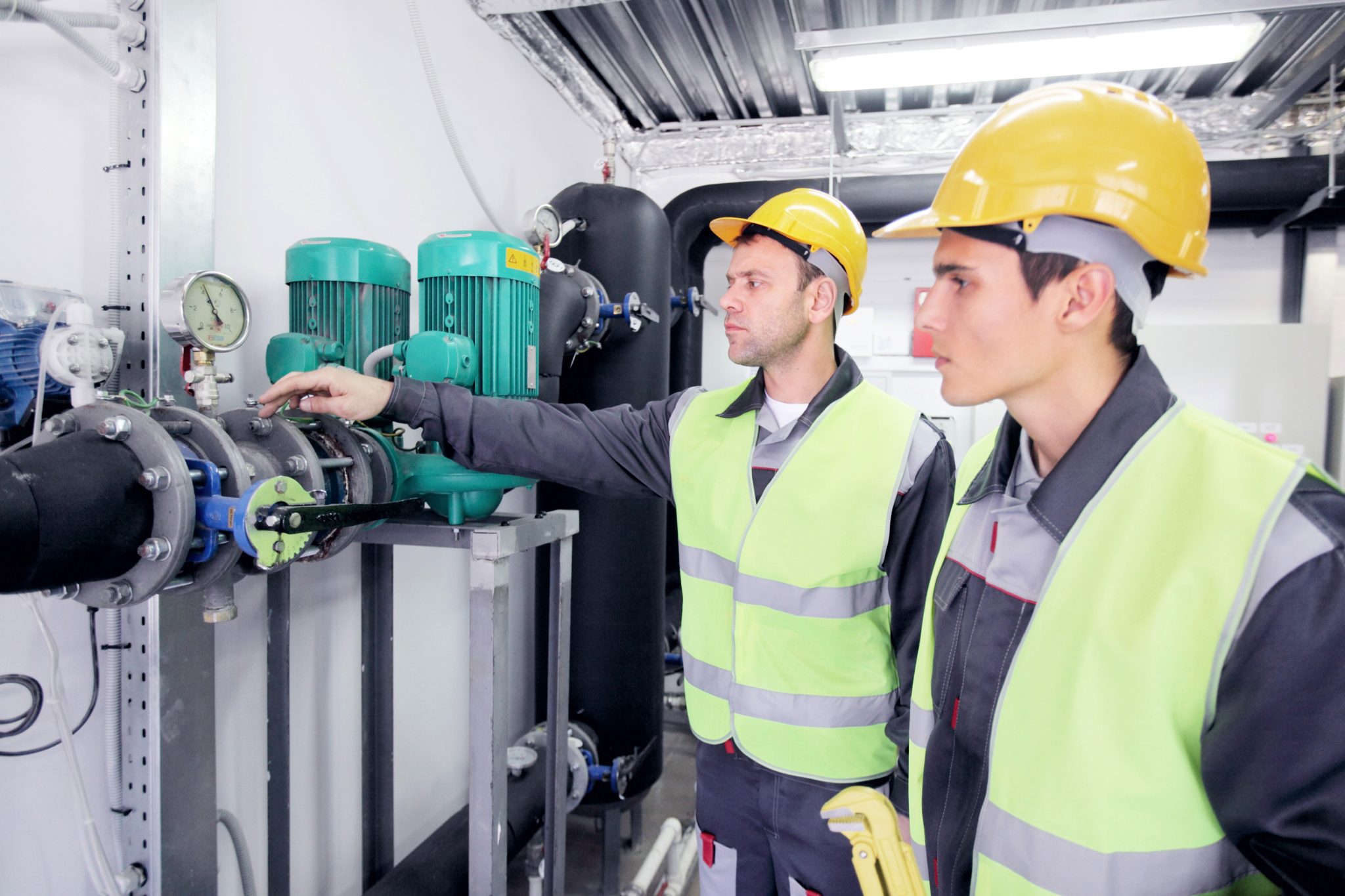ICL Rotem
During the years 2018 ,2019 and 2020, both sulphuric acid plants in Rotem replaced and upgraded their catalyst systems in order to reduce SO2 emissions, by over 30%. These upgrades have contributed to reducing overall SO2 emissions at Rotem by over 50%. In addition, to further reduce emissions, in 2019 the site covered 4 green acid storage pools and 5 IsoamYl Alcohol recovery lines were connected in the WPA plant. The site installed, in recent years, on-fence monitoring systems that report on-line to environmental authorities. The monitoring systems received ISO 17025 certification in October 2020. In addition, the current Emission Permit set new rules regarding liquid waste management and additional GHG emissions, which are related to newly required air emissions measures. In 2019-2020, Rotem operated 6 pilots involving new technologies to meet these requirements.
Emission permit under the Israeli Clean Air Act: In 2018, the Company conducted two risk assessments by external experts regarding the possibility to execute all the Clean Air Law related tasks required by the emission permit as per their approved timeline. The risk assessments focused on the technical and safety considerations arising from implementation of a large number of projects in parallel, in an industrial site. The assessments indicated that there is no operational feasibility to implement the full requirements of the permit within the defined timeline, and accordingly the Company is unable to meet the timeline set in the current permit. In 2019, following discussions with the Israeli Ministry of Environmental Protection (MoEP), the MoEP informed the Company that during the course of discussions to renew Rotem Israel’s emission permit, which currently remains unchanged, they will consider the safety constraints, the complexity and multiplicity of projects, as well as the Company’s diligence to comply with the present permit conditions and their schedules, while prioritizing projects with significant environmental impact. The Company provided the MoEP with its updated projects’ outline, schedule and completion status.
In light of business uncertainty and the COVID-19 pandemic, the Company continued its discussions with the MoEP regarding the timing and scope of executing the investments, including the impact of the uncertainty surrounding Rotem Israel’s activity, as far as the implementation of long-term projects is concerned. By December 2020, the Company had completed 70 of the 194 specific tasks required by the Clean Air permit. In June 2021, the Company’s emission permit under the Israeli Clean Air Act (hereinafter – the Law) was renewed until September 2023. The renewed permit reflects an updated outline of requirements. As for a limited number of projects, their postponement was granted within the framework of an administrative order under section 45 of the Law, received in July 2021.
ICL Dead Sea Works (DSW)
ICL Dead Sea Works operates three air quality monitoring stations that were renewed during 2019. The data are continuously measured and automatically transmitted to the MoEP (Ministry of Environment Protection) and are accessible to the general public. In 2018, the new NG-based and highly efficient CHP (combined heat and power) plant in Sodom became fully operational. The plant now supplies most of the electricity to all of ICL’s sites in Israel and steam to the production plants at Sodom site. The high efficiency of the new plant and its boilers have significantly reduced the site’s Nitrogen Oxide emissions (despite the significant increase in natural gas combustion in the new plant, with the transition to self-produced electricity).
ICL Dead Sea Magnesium (DSM)
ICL Dead Sea Magnesium produces mainly inorganic emissions. Exhaust stacks are monitored in accordance with the terms of the emission permit issued to the Company. Some have on-line monitoring sensors that send data to environmental authorities.
In adherence to the emission standards defined by the MoEP, the site initiated a major project to reduce PM (Particulate Matter) emissions from the main stack. The project is expected to be completed in the coming years.
ICL Neot-Hovav
ICL Neot-Hovav operates advanced monitoring and detection methods to identify malfunctions and applies IED methodologies which provide guidance regarding all of the techniques for preventing and monitoring emissions into the environment. Investments were made to improve recycling and recovery and reduce emissions of solvents and other organic materials via activated carbon systems. The site also installed catalytic oxidizing technologies that reduce VOC (volatile organic compounds) emissions and comply with advanced values. Absorption systems run in the site’s inorganic production systems. Filters actively prevent particulate matter (PM) emissions from the solids’ handling systems. Sealing of diffused emissions in the loading and unloading areas was applied. Ongoing work is being executed for the LDAR (Leak Detection and Repair) program – control and treatment of fugitive emissions with the assistance of an external company. The site operates with full cooperation and communication with authorities. There were no complaints or hearings for violation of environmental laws and regulations or business license conditions in 2020.
ICL Periclase
The site installed a new air emissions treatment device for the Magnesia manufacturing process. The technology is working properly and enables the site to meet the air emissions permit requirements. In 2020, a new project to reduce particulate matter (PM) emissions from gravel pile was initiated.
ICL Haifa Fertilizers & Chemicals (F&C)
Since the site has converted to natural gas (from heavy fuel oil), emissions of NOx, SOx and PM were significantly reduced. To comply with its emissions permit, the site also installed a system to reduce ammonia emissions from the Ammonium Nitrate production plant. The site is also installing new treatment equipment in its Nitric Acid plant, aimed to reduce NOx and N2O emissions.
The reduction of air emissions is a global effort. To read more about ICL’s actions regarding the Clean Air Law in Israel, as well as the applicable laws that are in effect at ICL’s other sites, please see pp. 87-90 in ICL’s 2020 Annual Report.





